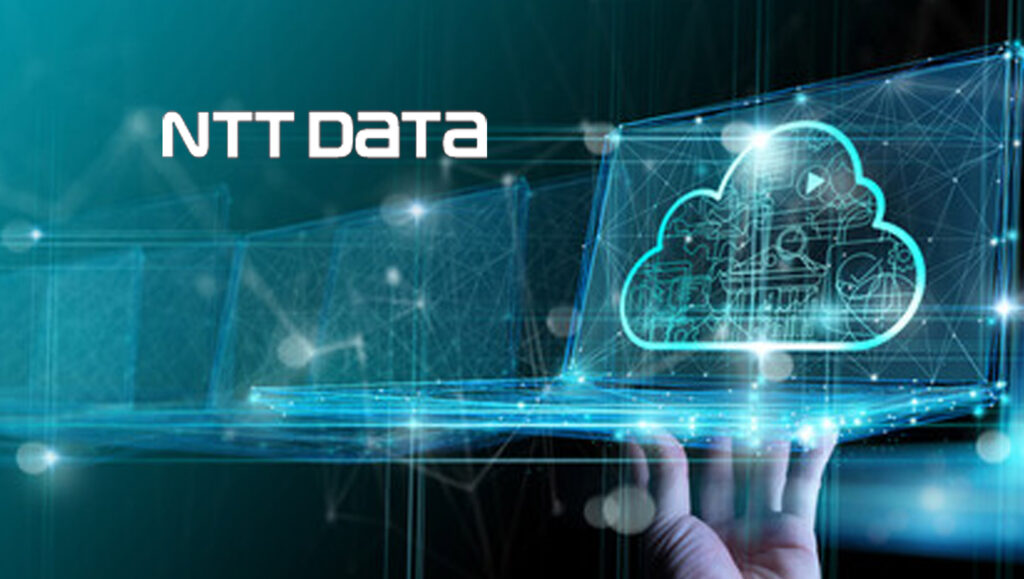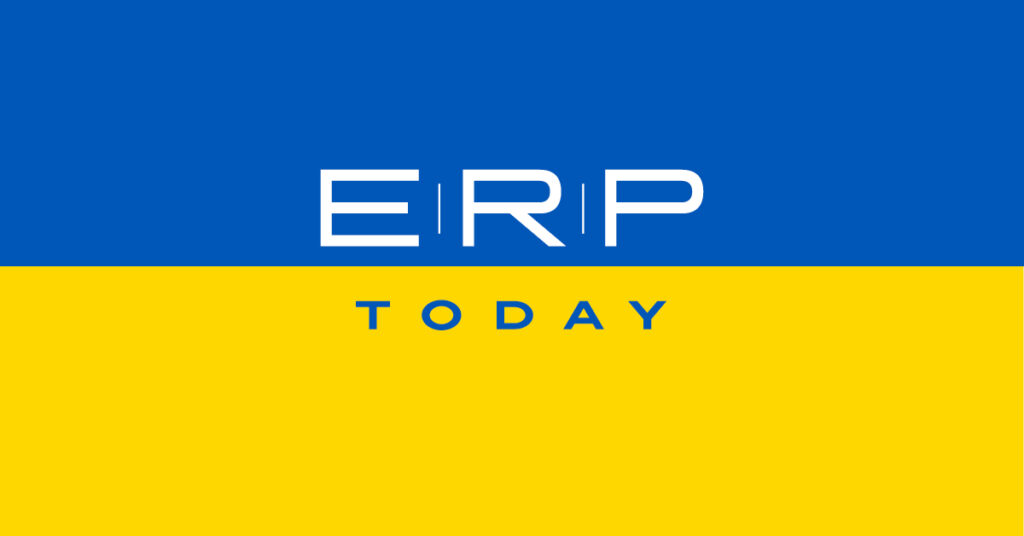Salesforce Dreamforce 2023 finished last week, and AI was the big theme of the company’s flagship event. This will come as no surprise for anyone who attended Salesforce’s World Tour London event in the summer, which came subtitled as “AI Day” with the expected chibi-style branding of Albert Einstein caricatures. Said subtitle was writ large to the extent the World Tour aspect was almost blink and you’ll miss it.
In other words, Salesforce is all in on AI. And who isn’t these days? But there’s another aspect to the SFDC story, noticeable at the London event when it pledged to invest $4bn in its UK business over five years, focusing on AI innovation, customer success and growth in the UK. That announcement came with a ringing endorsement from the British Prime Minister, and a reminder that the company had already rolled out a five-year UK investment of $2.5bn back in 2018.
Similar milestones on the road to Dreamforce 2023 included Salesforce’s donation of $20m in new grants to U.S. school districts, alongside joining a charter of rules from the White House aimed at Big Tech to limit the risks of AI as the tech gears ahead in the public space.
Alongside the likes of Adobe, Nvidia, IBM, Palantir and more, SFDC has agreed to voluntary rules ensuring AI products are safe before introducing them to customers. That echoes the company messaging out of the World Tour and Dreamforce 2023, but this time with another cementing of relations between Salesforce and the state. Regulations are much bandied in this brave new age of GenAI – as to be expected with the current ESG focus for enterprise tech.
Would Einstein approve of SFDC’s AI “dreamforce”?
If we turn playful one second, one could draw a link to the responsibility needed around AI to when J. Robert Oppenheimer “fathered” the atomic bomb (see the eponymous film from this summer which you no doubt know about).
Cinemagoers may remember that Oppenheimer and fellow scientific legend Albert Einstein knew one another – and, to be even more playful, their discussions of what, if anything, the state “owed” them for their work. Both Oppenheimer and Einstein encountered the cold shoulder at some point from their respective governments; this was a long, long time, of course, before Salesforce named their AI suite Einstein after the aforementioned legend.
What, therefore, would the real Einstein make of Salesforce in this current moment? The investments from Salesforce’s UK operation could foster AI evolution, which would likely please a scientist well-versed in research and development.
Speaking with Salesforce, ERP Today enquired what the company had learnt from its prior investment in 2018 that may influence the success of this year’s announcement. In response, a spokesperson commented that its free online learning platform, Trailhead, has “helped more than 5 million people build their skills and prepare for the future of work with AI. Salesforce is committed to addressing the training and re-skilling imperative – equipping people with tools to take on jobs that the digitally transforming economy demands.”
“The latest investment will build on Salesforce’s long-standing commitment to customer success and the UK market,” Salesforce tells us. “Growth is based on the mutual success of customers, empowering them to take advantage of rapidly evolving technological opportunities.”
In other words, SFDC is going for success based on upskilling outside of its client base, whilst also building on customer implementation of its wares.
The difference now is more use of the term “AI” which, arguably, wasn’t so needed back in 2018. Likewise, the many mentions of “trust”.
According to Salesforce, AI and automation are ushering in a new economic era, and the company is “at the forefront of this watershed moment for the tech industry – a trusted partner to business leaders and an AI first company.”
This was why Zahra Bahrololoumi CBE, CEO UKI of Salesforce, talked about fighting “privacy, hallucinations, data control, bias and toxicity” at the London AI Day, things which also weren’t too much of a consideration for ERP and CRM until the rise of Chat-GPT – and which make a scientific mockery of artificial intelligence.
Large action models are the future
Salesforce’s ethical messaging may cut through all the GenAI chatter. Consider the status of its competitors – SAP is currently mired in a debate on AI cloud updates versus on premises demands. Microsoft developments come slightly obscured by its close relationship with the much “hipper” OpenAI. IBM’s Watson AI wares come overshadowed by failed implementation in healthcare. Google Cloud’s AI is synonymous with ethical debates and firings at Googleplex. AWS is still playing catch up with everyone else.
As pretty much a pure CRM brand, Salesforce doesn’t come with such baggage when it comes to AI. In this regard, newer brands like ServiceNow are closer comparisons vendor-wise than the hyperscaler brigade (although Oracle are arguably doing fine enough on AI, too).
What comes next is how SFDC plays ball with government regs worldwide. In a press briefing on the eve of Dreamforce, ERP Today heard KPMG remind the audience that R&D had to somehow remain unhampered by too much red tape:
“I fear if we don’t take a lead on [AI ethics] and wait for regulations, that you might have an accident”, warned Atif Zaim, national managing principal for advisory at KPMG, on the Salesforce stage.
To ensure that lead, AI has to be modified before governments realize the genie is out of the bottle (case in point: any belated Senate hearing on Facebook, TikTok and social media ills that we’ve seen the last few years).
And for Salesforce to ensure any lead for AI amongst vendors, it needs to see where all this is going. While most brands are talking about the here and now, and standing firm on ethics, ERP Today noticed some of the real Einstein spirit on its World Tour, as what may separate Salesforce from the pack is its AI forecasting.
Brands used to be sheepish about artificial intelligence in fear of an AI winter, so you’d be lucky to get a mention of present-day AI use in marketing materials, let alone any future mapping of the technology.
Nowadays, every vendor is looking to an ethical future where AI makes no mistakes and is on its best behavior. But looking closely at Salesforce, there is more nuance on display, and a real understanding of what the tech can achieve and how that might appeal to its customer base.
At World Tour London, Ryan Nichols, GM Service Cloud at Salesforce, told ERP Today that the next step of GenAI is taking action for human users. Where chatbots now give guidance to customers on how to carry out a task, Salesforce is looking at “large action models” wherein the AI takes actions on a client’s behalf.
“What that requires raises the trust bar even more, because when you’re taking actions autonomously on behalf of customers, we need to be very careful about how that works in a very concrete grounding. Not just your knowledge library, but now your ‘action library’.”
A blog by Salesforce’s chief scientist Silvio Savarese goes into further depth on large action models, along with a session from Dreamforce which you can watch back here.
Finishing our conversation with Nichols, ERP Today used the true extent of its own “dreamforce” to ask if the exec foresaw a future where Salesforce AI assistants go beyond the written word and respond to customers in audio, perhaps even in cartoon form like those characters and mascots of which Einstein is one of.
“Coming soon,” Nichols teases. “Let’s make that our next conversation.”
As Einstein himself would agree, sometimes you need to be playful in order to foster true innovation – all you need to do is not forget your ethics.




